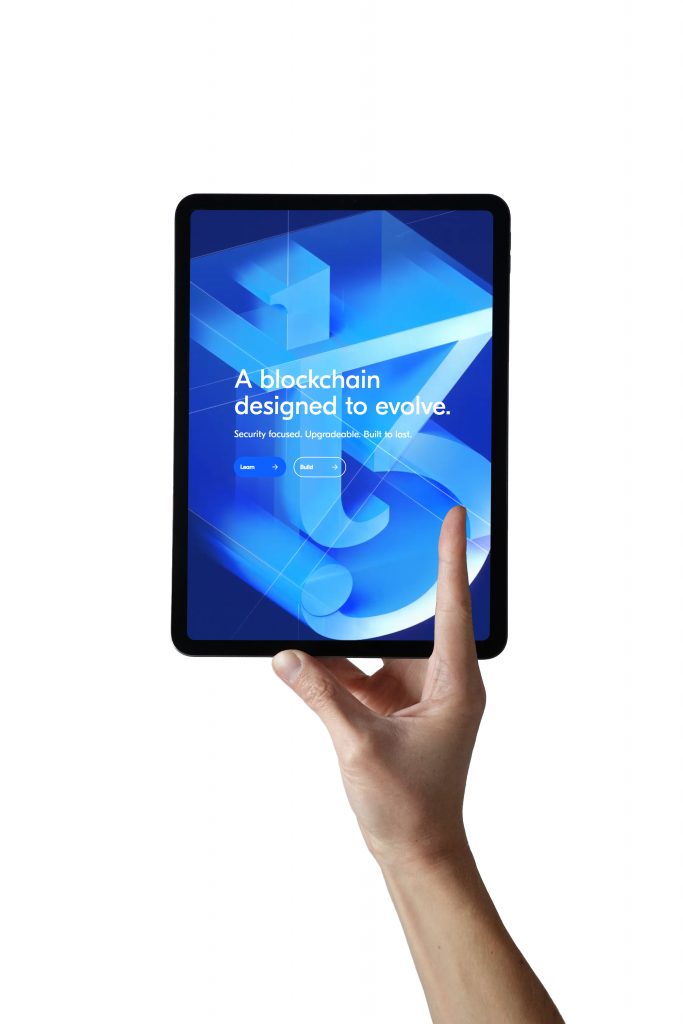The term DAO, an acronym for Decentralized Autonomous Organization (DAO), describes an organization managed by a transparent, autonomous piece of software. Neither the government nor shareholders can control the organization, making it a true vehicle of organizations native to the cyberpunk culture in which crypto culture has its roots.
Various business models are being tested in the DAO format, such as risk capital (VC), co-working, software development, insurance, and other financial products. The governance over decisions within the organization is distributed to its members using a governance token. This is mainly restricted to crypto native business, as it is still difficult to give a DAO a legal body to interact with stakeholders outside of the crypto space.
Some readers familiar with the DAO topic will know that one of the first DAOs suffered a major exploit, draining all of the funds in its treasury. The project called “The DAO” was an investor-directed venture capital fund. After this exploit, the Ethereum Community decided to hard fork the blockchain to restore the funds of the original contract.
A more recent hack was that of BadgerDAO. This DAO focussed on bringing Bitcoin to DeFi on Ethereum, enabling protocols to use Bitcoin in their products and granting Bitcoin users access to the wide world of DeFi. Hackers were able to inject malicious JavaScript code on the BadgerDAO website, generating rogue transaction approvals. They waited for a couple of days until enough users approved their rogue transaction and pulled the
trigger on unbound tokens in the users’ wallets. This resulted in a total loss of $120 million.
Nonetheless, in 2021, DAO treasuries experienced more than 40x value growth. At the time of this report, the DAO treasury was $10.6 billion. The Uniswap DAO leads the field with $2 billion worth of assets in its treasury.
There are a few honorable mentions regarding the business models that DAOs deploy. First up is Flamingo DAO, an organization specialized in NFT art collections with a VC-style approach. The DAO is used to pool funds of the community, which are then invested in supporting the NFT ecosystem.


